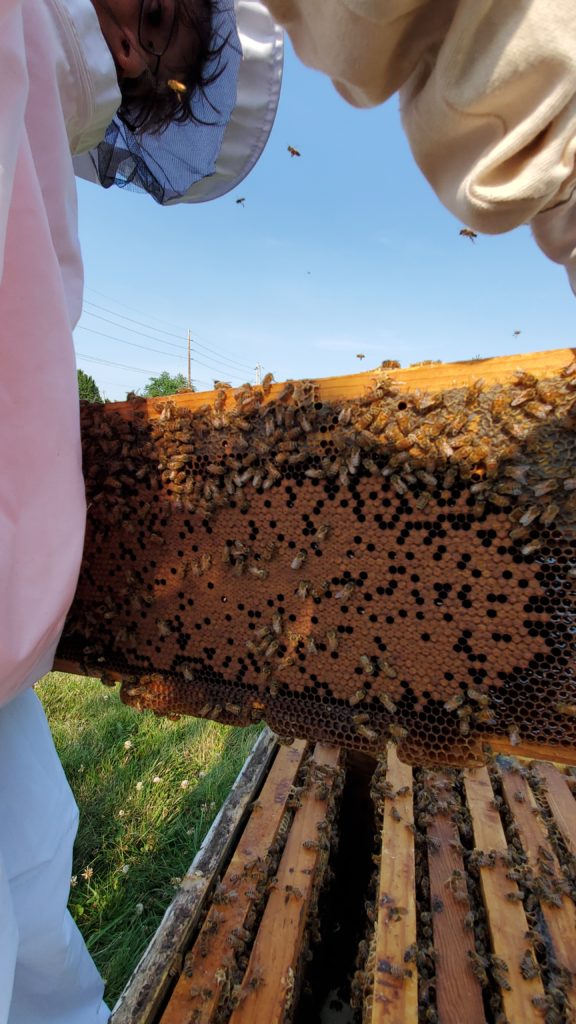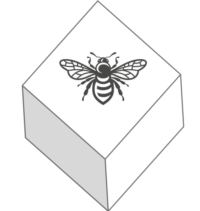The first year of beekeeping created more questions!

How much should you check on the colony? How do you check on them? When is the best time to check on the colony, morning, night, hot or cold days? How do the get their food & do they store it? What happens when it snows or is freezing outside? Where is the queen & does she look different than the others? And many more questions.
Fortunately, I found a mentor that helped me set-up the colony and troubleshoot questions. My mentor has went above and beyond helping us strengthen our colony during its first summer and over the winter.
In general, the beekeeping community a great resource to help in answering questions you have while taking care of your colony. Local beekeepers can help you with local happenings and trends affecting your area. Social media is a good start for finding local beekeepers. Or visit your local bee supply shop or farmers market and chat with the vendor that is selling honey.
Here are some considerations for your first year of beekeeping.
1- Find a local beekeeping organization or group and locate a mentor.
2- Find out who your local bee inspector? Your state or local department of agriculture can help
3- Social media and YouTube tutorials can be helpful for keeping bees.
4- Have patience with the bees in building and strengthening their colony
5- A strong hive has a better chance to ward off pests and other factors that could negatively impact your colony
6- It is important to leave enough food (honey) for your bees over the winter. Its likely you will not harvest honey during your first year. If the colony is strong and healthy, it is very likely that you will have honey to harvest!
7- The beekeeping community has a lot of advice to give new beekeepers. You will come across differing opinions, and that is okay because there is not an absolute answer to many beekeeping practices. For example, some beekeepers like to use sugar water in the winder, where others prefer to keep extra honey supers on during the winter. When and how to split a bee colony.
8- Keep a journal to keep track bee growth stages, when adding supers, or changes that could be an emerging problem. I like to take pictures so I can get a closer look at progress.
